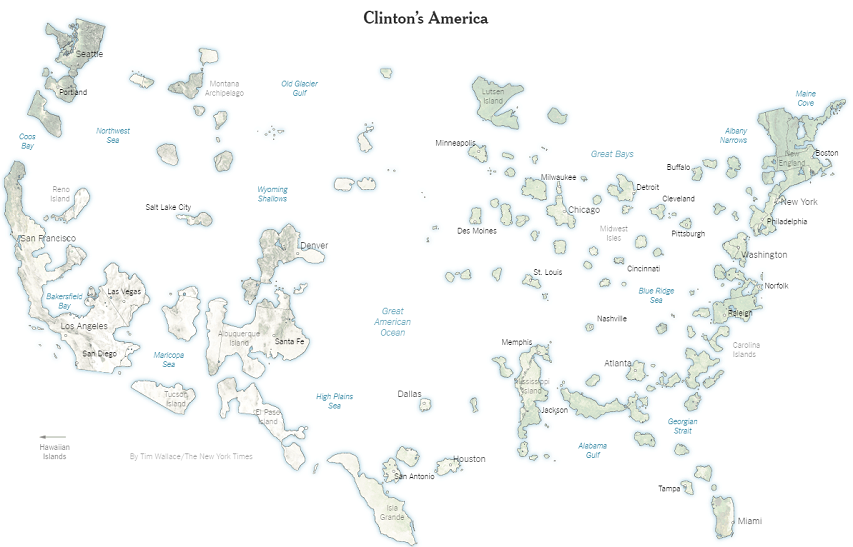 Minnesota taxpayers contributed nearly half of the costs to build the new stadium that the Minnesota Vikings call home (“one of the largest public subsidies ever given to a sports facility”). The state government appointed a six-person board to negotiate the state’s share of the costs. Now, it comes to light that those six people get free luxury suite tickets to not only Viking home games, but every event held at the stadium:
Minnesota taxpayers contributed nearly half of the costs to build the new stadium that the Minnesota Vikings call home (“one of the largest public subsidies ever given to a sports facility”). The state government appointed a six-person board to negotiate the state’s share of the costs. Now, it comes to light that those six people get free luxury suite tickets to not only Viking home games, but every event held at the stadium:
Six government appointees, including the son of a vice president, who negotiated how much public money would be spent building the Minnesota Vikings’ new football stadium get free access to luxury boxes for all events in the stadium.
Which, you know, might call into question how hard they really negotiated for the taxpayers on that one.
The Minneapolis Star-Tribune reports that the six members of the Minnesota Sports Facilities Authority (MSFA), the quasi-government agency created in 2012 to oversee the public subsidies for the building of U.S. Bank Stadium, get free tickets to two lower-level luxury suites for all events held there. Even though taxpayers covered more than half of the cost of the $1.1 billion stadium, which opened earlier this year, the public is being kept in the dark about who occupies those 36 seats and the adjoining luxury suites during Vikings home games and other events.
The team claims that the suites are used for “marketing purposes,” but the Star-Tribune‘s investigation found that family and friends of the board members are usually in attendance too.
Maybe the best part of the story is the moment when two members of the MSFA board (chairwoman Michele Kelm-Helgen and executive director Ted Mondale) try to justify their sweet, free, and secret perk by arguing that they “work long hours on game days and spent long nights negotiating on behalf of taxpayers during construction of the building, so having friends and family there is reasonable.”
[…]
For anyone who isn’t part of this special cadre of insiders getting special access to the suites for free would have to shell out more than $20,000 for season tickets in similar suites at the stadium. Since the six members of the MSFA board also have access to the suites for all other events at the stadium, the actual value of their seats is in excess of that figure.
The whole thing raises ethical questions since public officials in Minnesota are not allowed to receive gifts, including special privileges or access not otherwise available to the general public. That gift ban has a loophole allowing public officials to accept such special freebies if it’s part of their official duties.
As I wrote back in 2012:
As you’ll know if you’ve read the blog for any length of time, I’m a big fan of the Minnesota Vikings, despite never having lived there or even visited the state. I’d be very upset if they became the L.A. Vikings. But I also totally sympathize with Minnesotans who don’t want their taxes being used to give corporate welfare to the billionaire owner of the football club. Pouring money into facilities for professional sports teams is one of the very worst ways to use tax dollars, as the lads at Reason.tv explain:




